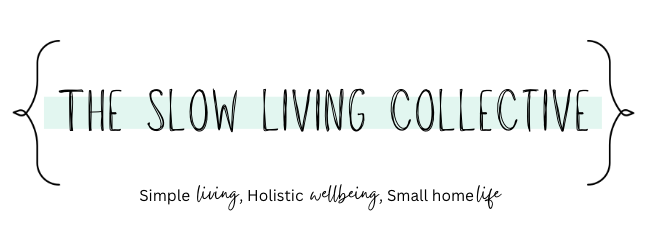Living in harmony with the seasons can be challenging, especially during the winter months when the new year arrives seemingly detached from the natural flow of life and not the right time to set resolutions. January 1st, the start of the year, has no solar or lunar significance; it is simply a date on the calendar. We abruptly transition from the festive chaos of the Christmas season into the new year, only to be thrust back into the throes of normality amidst the deep, dark days of winter. It’s no wonder that our New Year’s resolutions and intentions often fail to take root.
For many of us, we’ve grown up in the era of “new year, new me” and setting resolutions in January, only to see them fade away with the passing weeks. This has been the norm, but why?
My journey into seasonal living and a more attuned existence with the natural world has shed light on the matter. Seasonal living might seem foreign to some, but in reality, it mirrors the lifestyle of our ancestors. It’s almost as though we’ve been diverted from the most organic way of living. Seasonal living is ingrained in our very beings, and in winter, it’s perfectly natural for our bodies to desire rest, to feel a little more tired, and to crave nourishment from hearty, warming foods.

Why Winter Resolutions Can Falter
Why do our resolutions tend to falter in winter? It’s a question of timing that often lacks logical cohesion with the season. January is embedded in the depths of winter when nothing seems to align with the promise of new beginnings. A survey by Sundried revealed that 43% of people expected to abandon their goals by February, with a staggering 95% of resolutions being related to fitness. January is undoubtedly a challenging month, and whether or not we subscribe to seasonal living, our bodies inherently sense the wintry hibernation calling.
The Promise of Spring: An Intriguing Perspective
Delving into the history of the new year celebration and the choice of January 1st as its date provides an intriguing perspective. Until 1752, Great Britain and the British Empire (excluding Scotland) marked the official start of the year on March 25th. This historical shift aligns with the notion of spring as a time of new beginnings. It makes perfect sense, considering the proximity of this date to the spring equinox.
Whether we consciously choose to synchronise our lives with the seasons or not, our intrinsic connection to this way of life is undeniable. Our bodies have an intuitive understanding of the natural rhythm we were born to follow. As modern society has pulled us further away from our innate ways, we might find ourselves perplexed by the emotions and sensations each season stirs within us. Whether you are seeking to transform your way of life or simply seeking understanding, exploring the concept of living seasonally can offer profound insights.

Additional tips for living seasonally through winter:
- Spend time in nature, even if it’s just for a few minutes each day. Getting outside can help to reduce stress and improve your mood.
- Eat warming, seasonal foods such as root vegetables, soups, and stews.
- Get enough sleep and rest.
- Practice mindfulness and meditation to help you connect with your natural rhythms.
- Create a cosy and inviting home environment where you can relax and unwind.
- Spend time with loved ones and enjoy the simple pleasures of life.
Remember, living seasonally is not about following a strict set of rules or routines. It’s about listening to your body and intuition and embracing the natural rhythms of life.
For those eager to embark on a journey of seasonal living, I invite you to follow along with my seasonal lifestyle on Instagram.
